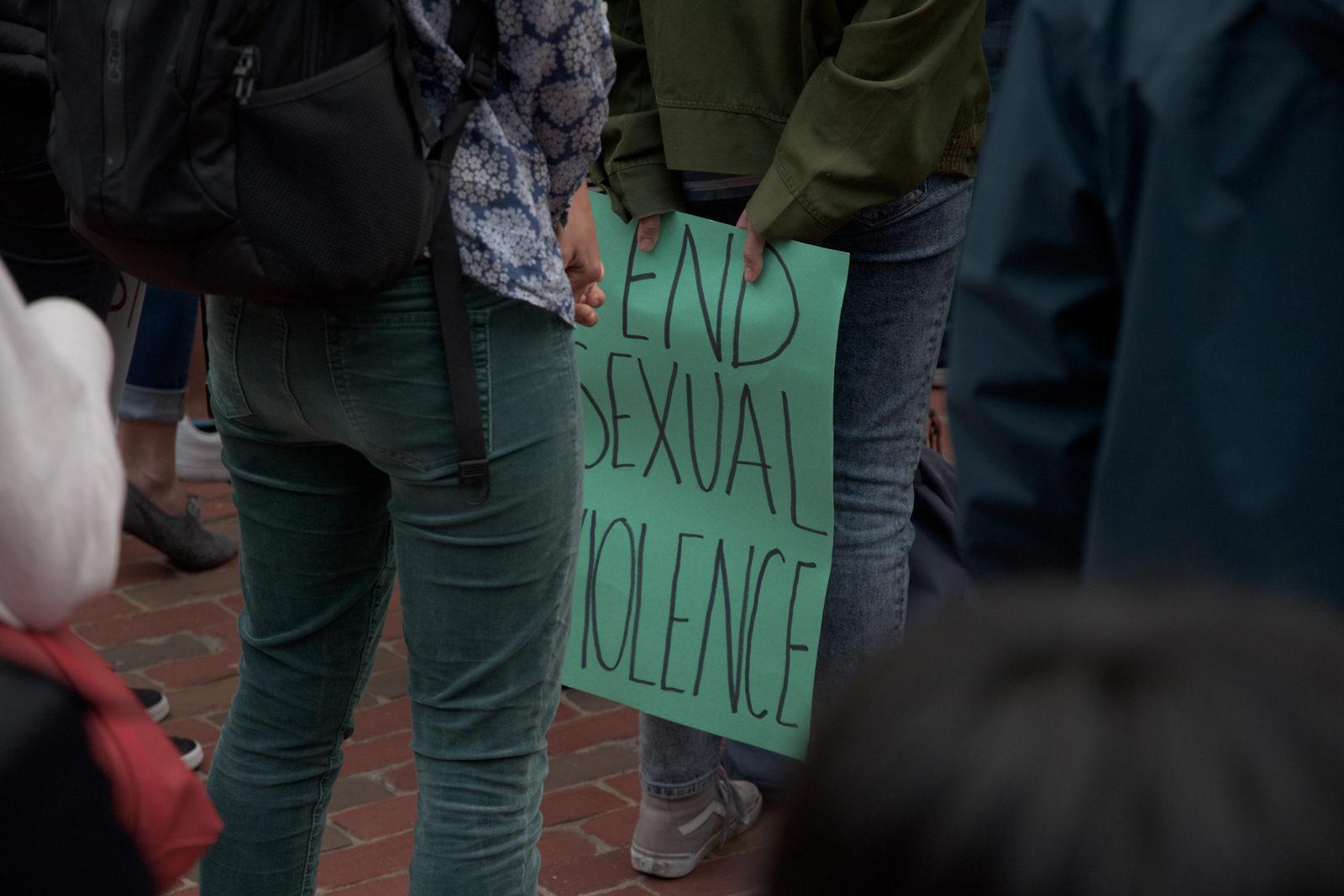Abuse, harassment and perversion — headlines have been dripping with the horrors of Harvey Weinstein for more than a week. Behind the scenes of the Hollywood producer’s uber-successful career, the public is now learning that Weinstein spent his decades in the limelight secretly paying off women to avoid allegations of sexual assault.
And in one of those unfortunate stories of chance — on a nearly identical timeline — an uncannily similar situation has been unfolding at Boston University.
The Daily Free Press reported Thursday the veritable storm of evidence that has been amassing to reveal years of sexual harassment by now-department chair David Marchant. The earth and environment professor’s regular research trips to Antarctica were ridden with instances of inappropriate behavior, as a number of researchers reported to the university.
Women reported that Marchant called them sluts and whores, threw rocks at them and compared them to the women in the pornography he was watching. He physically and emotionally abused these researchers to no end, and is just now facing the fallout from it.
Though the settings are polar opposite — the lavish glamour of Hollywood drawing a stark contrast to the cold tundra of Antarctica — there is much the two situations share. A man in power. Women who can’t afford to speak up. Decades of silence. And then after a few brave women came forward with their stories, the truth finally being unveiled.
What happened in Antarctica is the oldest story in the book: powerful men taking advantage of their positions of power with absolutely nothing to stop them, while women who fear the repercussions for their career or their academics are stifled. Marchant literally took sexual harassment to the ends of the earth, and it wasn’t until one of the women from the trip got tenure at the Scripps Institution of Oceanography that she had the confidence to go up against such a powerful academic figure.
The BU community’s response to the situation has been commendable. A rally by the BU Graduate Workers Union on Wednesday brought dozens of students together to show support for those adversely affected by the sexual misconduct. Since the story first broke, several more people have reportedly stepped up to tell their own stories of harassment by Marchant. Students are not letting the outrage of Marchant’s far-away research trips go unnoticed.
Conversely, the response of the university has been lackluster at best. Though the school responded to the allegations immediately with an investigation by the Title IX office — which started over a year ago — it has said little on the matter since. In an email to the department, College of Arts and Sciences Dean Ann Cudd ensured students that the situation was being taken seriously, and that due to the distraction that the story was causing, Marchant had been placed on administrative leave from the department. However, BU administration has yet to confirm that Marchant is for sure on leave, and yet to make any statement to the university as a whole.
As in all such situations, nothing beats transparency. BU could use much more of that — not right off the bat, when things were still largely unclear, but certainly now that it has become so very public. A Title IX investigation is still ongoing — tell us that. Tell us exactly what Marchant is being accused of, and tell us what is going to be done about it. And most of all, tell us that sexual harassment of any kind, by anyone, on any continent, is absolutely unacceptable. Anything less would be insufficient.
What Marchant did was disgusting, and not seeking justice for it would be morally bankrupt. The statute of limitations may have run its course on this case, but the university still has a responsibility to stand up for its students and researchers, and show that this abuse of power has no place at our school.

















































































































